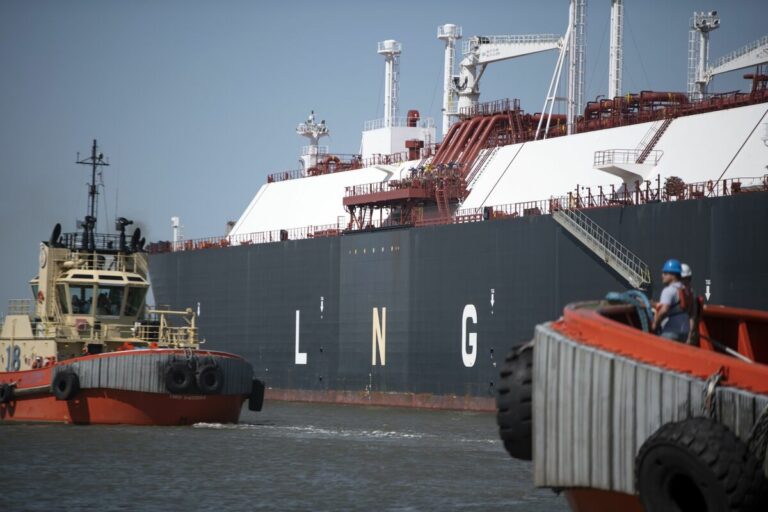National Grid working to decarbonize the gas network
Yesterday, New York utilities provider National Grid announced proposals to help provide a greater platform to combat climate change and decarbonize the natural gas network. National Grid New York President John Bruckner has reaffirmed the company’s commitment to working with regulators, elected officials, and environmental groups and customers to “achieve cost-effective and innovative solutions” in order to move forward.
Just as natural gas revolutionized the power sector by limiting carbon emissions, National Grid believes it can play a key role in transforming the heating sector as well. With greater access to affordable, clean-burning natural gas, residents in New York and throughout the Northeast can dramatically reduce their reliance on less environmentally-friendly heating fuels including fuel oil, propane, and kerosene.
National Grid will soon be submitting proposals to the state Public Service Commission to pilot new programs and technologies to stimulate new clean energy alternatives for its downstate natural gas networks. These proposals include a green gas tariff, a power-gas- project, a hydrogen blending study, a program to facilitate RNG interconnections, an enhanced gas demand-response program, and an expanded geothermal pilot test program.
In order for these technologies to progress, consumer markets must have reliable access to natural gas. This starts with streamlining energy infrastructure projects across the state of New York and around the country. As Bruckner concludes:
We believe that natural gas can play a critical role in supporting the growth of electric vehicles, wind, solar, and other renewable technologies while also delivering lower-carbon heating. Expanded access to natural gas has resulted in emissions reductions in the Northeast by reducing the use of more carbon-intensive delivered fuels, like oil and propane.
But our desire to create a future space for natural gas in the heat and energy landscape is countered by the potential unavailability of natural gas resources due to system constraints. If not addressed in a timely way, we will not be able to serve new gas customers in the downstate area. This could negatively impact emissions and economic development as customers will then move to other sources of energy such as oil, to meet their energy demands.

